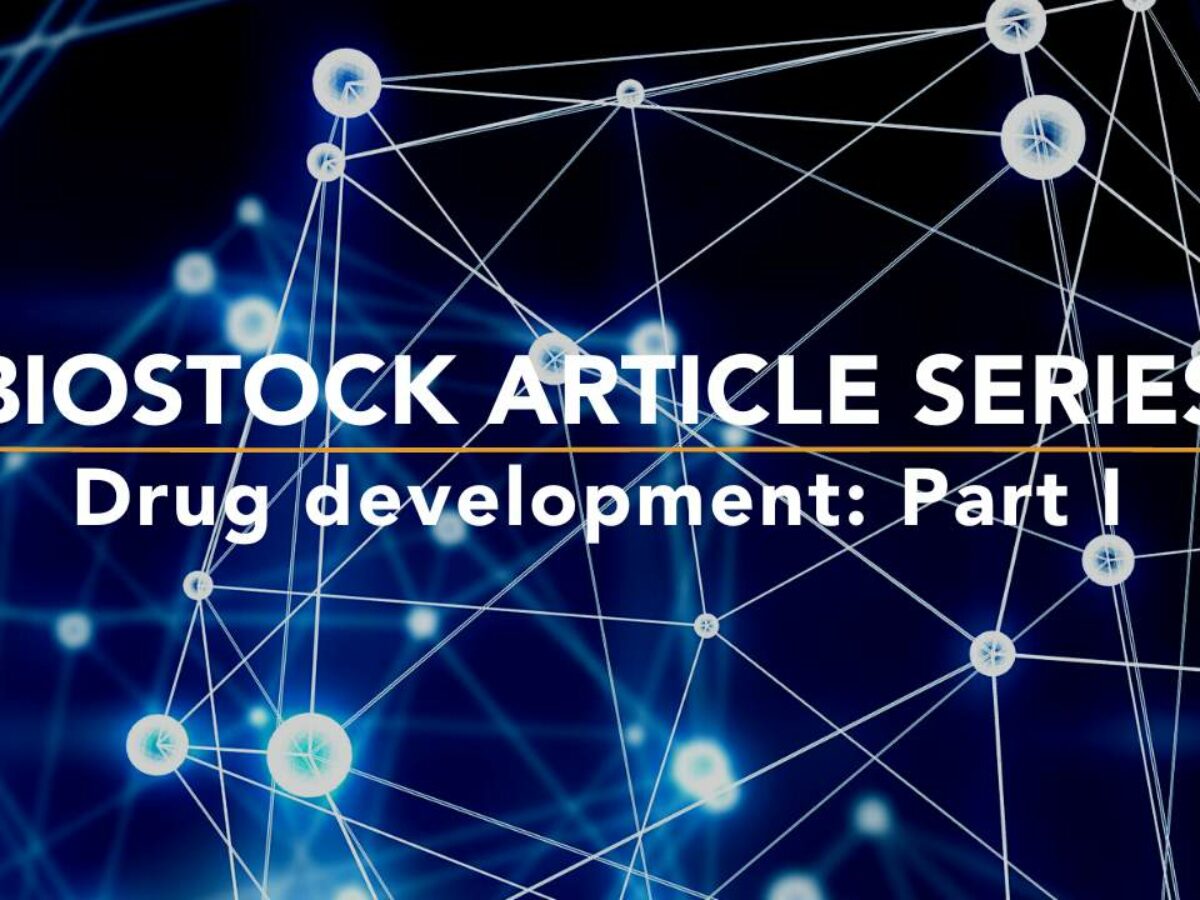Drug development is a complex and often lengthy process that involves numerous stages, from the initial discovery of a potential therapeutic compound to its eventual availability for patients. This process is highly regulated by government agencies like the U.S. Food and Drug Administration (FDA) to ensure safety and efficacy.
Stages of Drug Development
- Preclinical Research:
- Target Identification: Identifying a specific biological target (e.g., a protein) that, when modulated, could potentially treat a disease.
- Lead Compound Discovery: Screening vast libraries of compounds to find those that interact with the target in a promising way.
- In Vitro Testing: Testing the lead compound in laboratory conditions (e.g., cell cultures) to assess its activity and potential toxicity.
- In Vivo Testing: Testing the compound in animal models to evaluate its efficacy, safety, and pharmacokinetics (how the body absorbs, distributes, metabolizes, and excretes the drug).
- Clinical Trials:
- Phase I: Involves a small group of healthy volunteers to assess safety, tolerability, and pharmacokinetics.
- Phase II: Involves a larger group of patients with the target disease to evaluate efficacy and safety.
- Phase III: Involves a large number of patients to confirm efficacy and safety and to assess the optimal dosage and administration route.
- Regulatory Approval:
- Submission: The drug sponsor submits a New Drug Application (NDA) to the FDA, providing comprehensive data on the drug’s safety, efficacy, and manufacturing processes.
- Review: The FDA reviews the NDA, conducting a thorough evaluation of the data and potentially requesting additional information.
- Approval or Rejection: If the FDA approves the NDA, the drug can be marketed and prescribed to patients.
- Post-Market Surveillance:
- Phase IV: Ongoing studies to monitor the drug’s safety and efficacy in a larger population after it has been approved for market.
- Adverse Event Reporting: Healthcare professionals and patients report any adverse events associated with the drug.
Challenges in Drug Development
- High Failure Rates: Most drug candidates fail during preclinical or clinical development due to safety, efficacy, or manufacturing issues.
- Cost: Drug development is a costly endeavor, often requiring billions of dollars.
- Time: The process can take many years, from discovery to market approval.
- Regulatory Hurdles: Navigating the complex regulatory landscape can be challenging.
Future Trends in Drug Development
- Personalized Medicine: Tailoring treatments to individual patients based on their genetic makeup and other factors.
- Biotechnology: Utilizing biological agents, such as antibodies and gene therapies, to treat diseases.
- Artificial Intelligence: Leveraging AI to accelerate drug discovery and development.
Despite the challenges, drug development remains a vital endeavor that has led to significant advancements in healthcare. Continuous innovation and collaboration between researchers, pharmaceutical companies, and regulatory agencies are essential for addressing unmet medical needs and improving patient outcomes.
